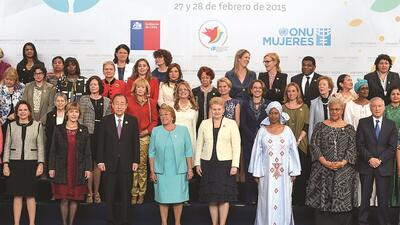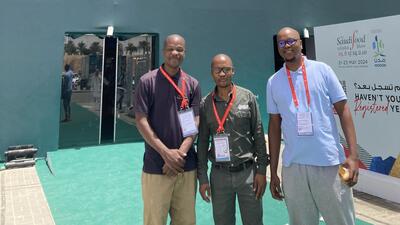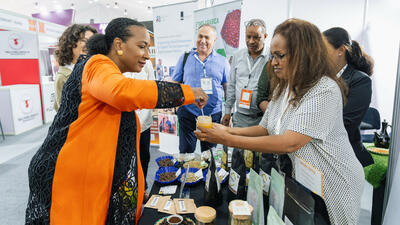Voluntary standards and development
What are private voluntary standards? In a nutshell they are guidelines that can be applied to processes and production methods, and submitted for independent certification. These voluntary standards are developed by non-governmental entities such as businesses, not-forprofit organizations or multi-stakeholder initiatives. Voluntary standards today cover everything from cocoa and tea to cotton and textiles, but they also cover issues such as labour and greenhouse gas emissions.
Voluntary standards can also play in big role in fuelling development: they act as a carrot for enterprises aiming to produce and export a product to a specific market. And they help provide assurances to larger enterprises that what they pay for is what they get, ensuring safer products and better traceability. Of course, such standards are not always straightforward for businesses in developing countries: they can raise costs, lead to unnecessary duplication among other things.
It was to help businesses navigate the plethora of standards that the International Trade Centre decided to set up the Trade for Sustainable Programme, and why we joined forced earlier this year with the United Nations Global Compact and GS1 to launch the Blue Number Initiative (pages 16-17).
While it is only in the past few years that voluntary standards have become ‘trendy’, they have worked to foster sustainable development for decades, as exemplified in the work of the Rainforest Alliance (18-19). Together, this myriad of voluntary standards provides for sustainable development across the world, they improve linkages throughout value chains and they provide confidence to consumers that products are safe and produced fairly.
On the following pages, experts examine why and how these voluntary standards are making a difference and how to maximise their contribution to sustainable development.














